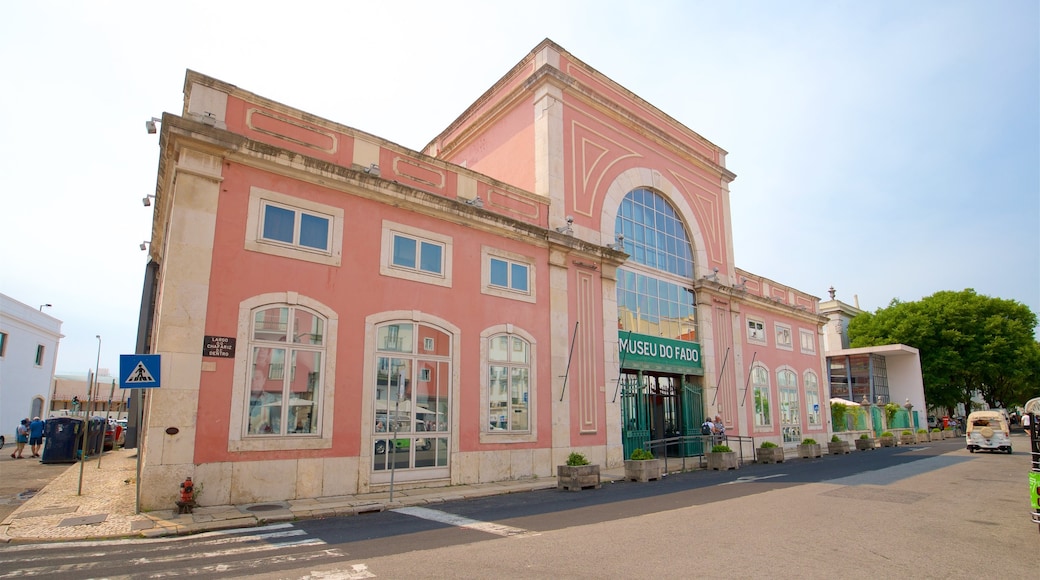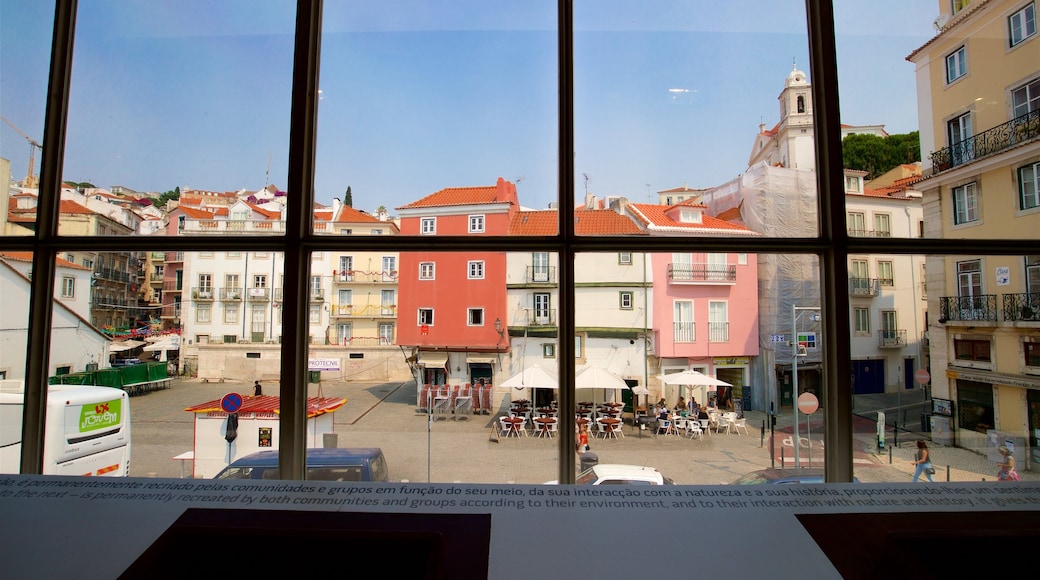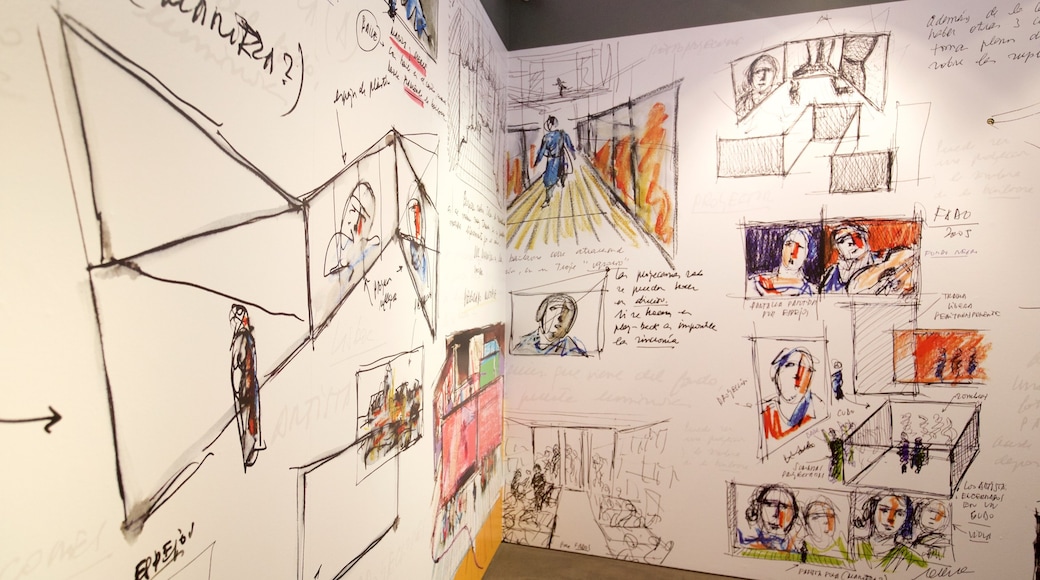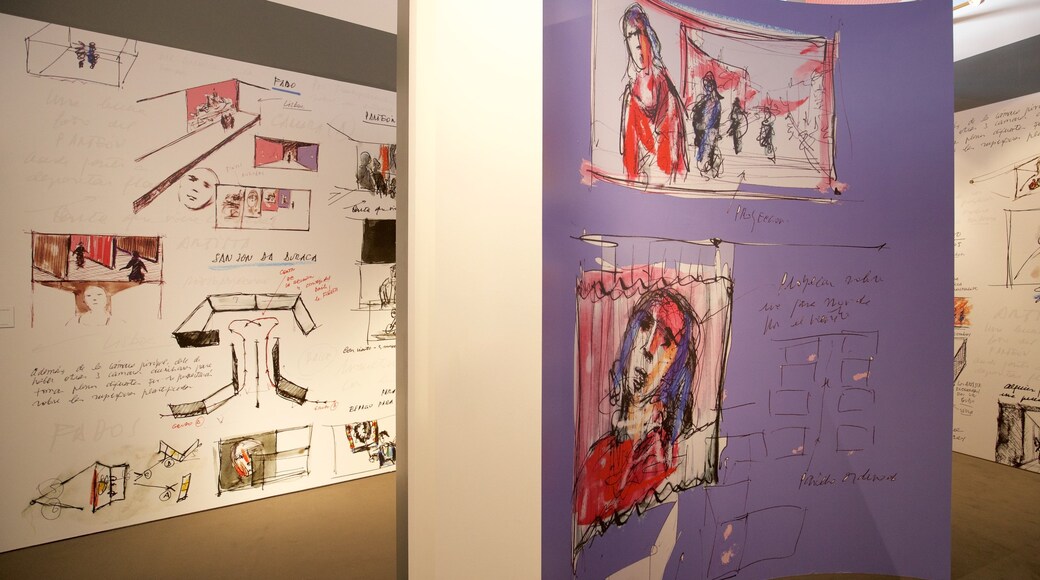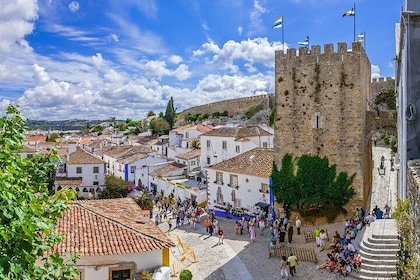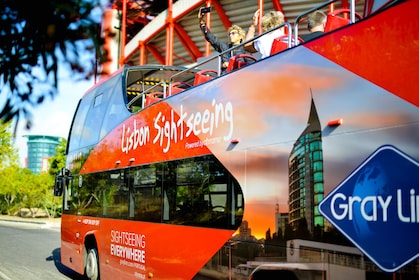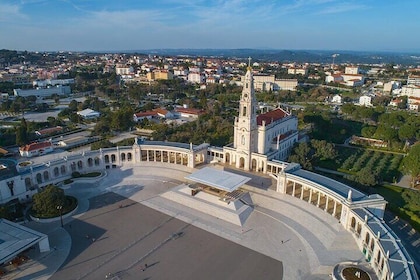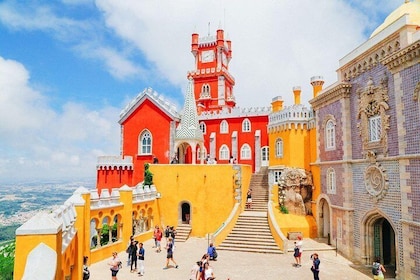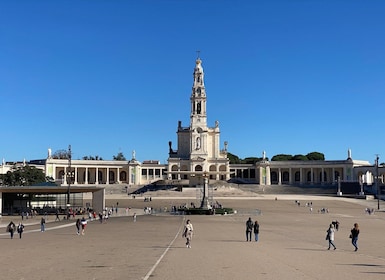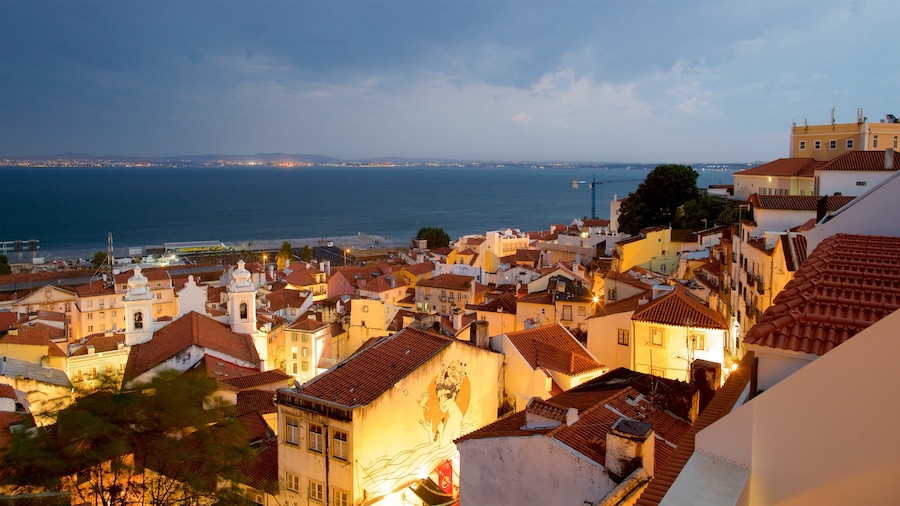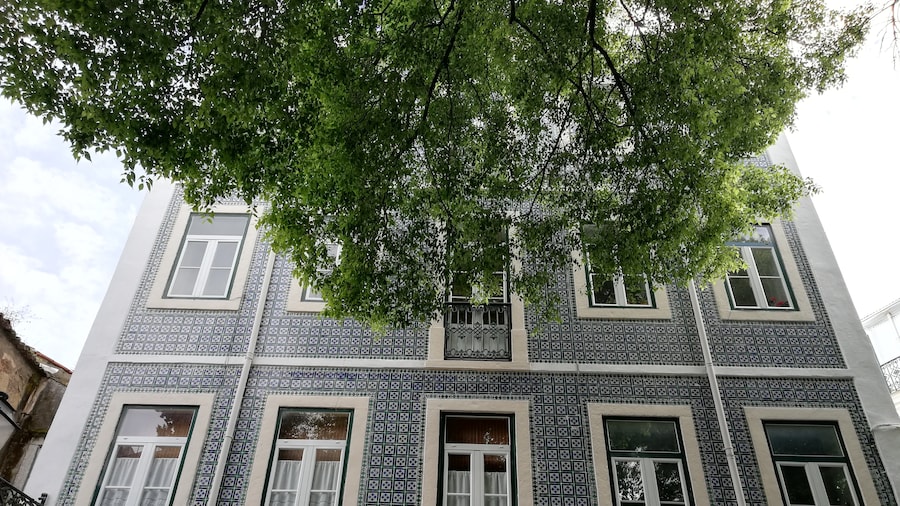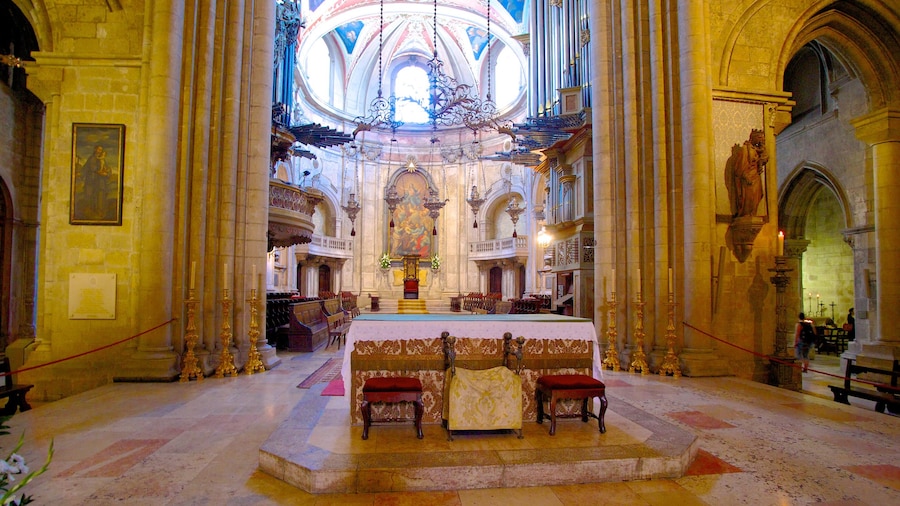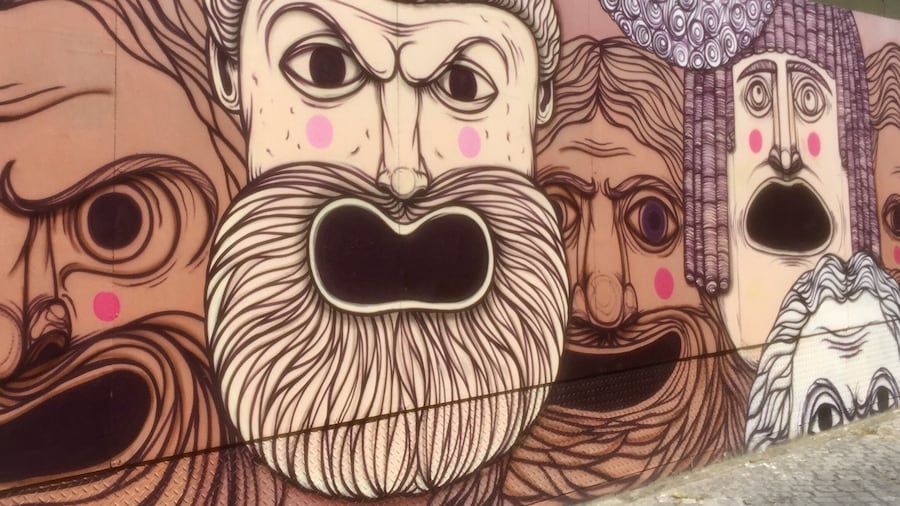Lisbon is the birthplace for a style of music that’s dramatic and heartfelt. Learn why it was banned and understand its current popularity worldwide.
Discover traditional Portuguese music at Lisbon’s Fado Museum (Museu do Fado) and learn about songs that tell of the country’s history in a contemplative, soul-stirring manner. Fado is a melancholic style of music that is either adored or shunned. Unless you understand Portuguese you may miss the storyline of any song, but the topic will be something very clearly passionate and spirited.
Close your eyes when listening to fado to feel the drama and forlorn state of the singer, or fadista, even if you don’t understand the meaning of the words. Musical accompaniment traditionally includes guitars and violins. Songs describe the hard realities of life and despair, although hope that situations could improve is sometimes included.
The style evolved in the mid 1800s in areas of the city frequented by sailors looking for prostitutes. This form of musical expression became very popular in the early 1900s. Fado was censored in 1926 in an attempt to change the type of entertainment in Lisbon, but radio prevented its extinction. Imagine the protest from citizens to any attempt to keep their beloved fado from being the music of their city.
Discover at the museum how one fadista was largely responsible for bringing this genre of music to global recognition. Amália Rodrigues, known as the Queen of Fado, singing globally until her death in 1999, made this music stand out as an art form. She helped it evolve into its contemporary format that can include piano, violin and accordion. This history may also explain why most fadistas in Lisbon are women.
Arrange a special visit to the Fado Museum’s documentation center for deeper research, or if available, attend an intimate show in its small auditorium. Shop in the museum’s store for a wide-ranging assortment of fado items, including CDs. Located in the Alfama district, the museum is closed Mondays and charges an admittance fee. Have dinner in a nearby fado restaurant and enjoy a live performance.
